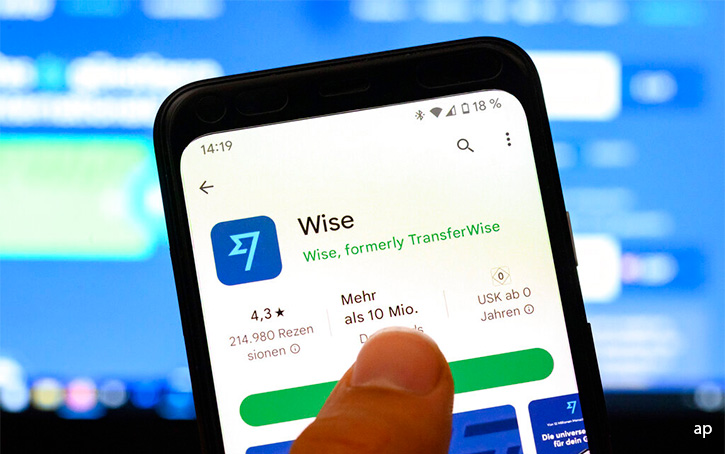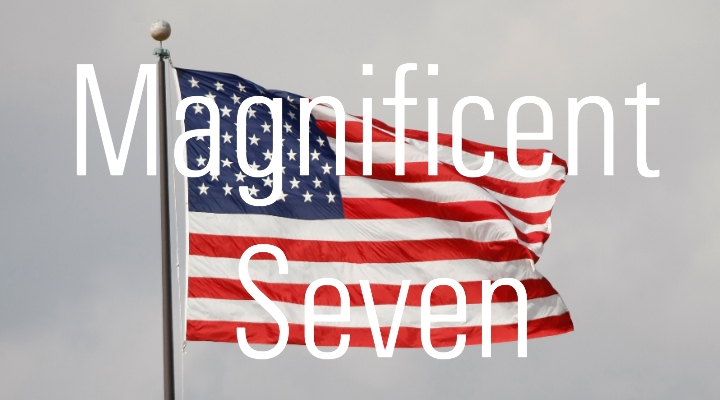
We are launching coverage of Wise (WISE) with a fair value estimate of GBX 520 per share, no moat, and a stable moat trend.
We believe that Wise is the low-cost provider in an industry that is commoditising quickly.
However, we do not believe that it has fully entrenched its competitive positions yet, which would warrant a narrow economic moat. Wise has a first-mover advantage and is gaining scale as a result of it, which could ultimately result in us awarding a narrow or wide economic moat rating in the future.
At this stage, we believe that the uncertainty around the replicability of its business model does not warrant such a rating just yet. Our Uncertainty Rating is High, putting Wise into 2-star territory.
In an industry dominated by banks and low pricing transparency, Wise has adopted a low-cost strategy by focusing exclusively on digital channels. Wise has built meaningful liquidity pools across many global currency corridors, allowing the fintech to circumvent foreign-exchange markets for most transactions processed via its platform.
Wise operates local accounts in each jurisdiction it is present, allowing the company to move funds between parties wishing to exchange funds without funds ever crossing borders. As Wise acts as a middleman in this transaction flow, effectively forming a currency exchange settling against its own book, the company can save on fees typically paid to banks which form part of the traditional transaction chain. Wise also continues to integrate deeper into local payment networks, starting out by partnering with a local financial intermediary before obtaining its own direct connection, in an effort to further reduce costs and improve transaction speed.
Its mission to drive currency conversion costs down to zero is still far out in the future, but it underlines Wise’s commitment to a relentless drive towards a lower cost base. The fintech is reinvesting any efficiency gains back into the business by reducing prices whenever possible. Its above-market-average growth is driven primarily by its lower cost point relative to peers, resulting in Wise taking market share. As average transaction volumes per customer are going up, albeit slowly, growth is predicated on further share gains.
Wise’s Competitive Threats
Wise will need to rely on other income streams eventually if it is successful in meaningfully disrupting the currency conversion space. To address this, Wise has started to offer cards and simple investment products to its retail and SMB clients, which is showing early success. The fintech reports a positive progression in customers using Wise for multiple products and services beyond currency transactions, which improves customer stickiness and supports the top-line. That said, it also blurs the line between Wise and banks offering similar services, potentially widening competitive threats in the future.
The cross-border payment market is dominated by banks, which cover roughly 95% of the SMB market and 66% of the retail market (money transfer operators account for 13% of retail). We believe large banks and money transfer operators enjoy scale advantages. In the large enterprise segment of cross-border currency transactions, banks remain dominant as fees can be spread over large transaction sums, leaving little upside for Wise in terms of improving unit economics in this space.
We also believe that a large pay-in and pay-out network globally forms a competitive advantage in the remittance market, which again driven by scale results in cost advantages. In cash-dominated countries, Wise cannot compete efficiently as it is lacking any cash-based payout option and distribution network. We view the fact that Wise has to advertise on transparency issues in the sector and offer its services at a significantly lower cost versus legacy players as evidence of competitive advantages retained by legacy players, although they are diminishing.
Morningstar’s Estimates
Our fair value estimate for Wise is GBX 520 per share. We assume a revenue CAGR of 17% over the next 10 years, supported by further market share gains in cross-border transactions, primarily taking share from incumbent banks. We believe that Wise’s offering to SMB customers will allow for volume growth (26%) ahead of retail customers (20%), as the fintech builds out its product suite and entices more companies operating across borders to bank with Wise.
We anticipate take rates to decline continuously, even as new product offerings such as card issuing and investment products gain traction. We also expect business customers to show greater price sensitivity and purchasing power, bringing larger transaction sizes to Wise’s platform, weighing on the take rate Wise can achieve in this segment. In our assumptions, Wise continues to reinvest into the business, building its products and increasing its staff. In combination with net interest income, which forms a tailwind for Wise this year, we expect to taper off significantly starting fiscal 2025, and we estimate Wise’s adjusted EBITDA margin to settle around 30%, weighing the aforementioned revenue and cost base effects. We use a weighted average cost of capital of 8.8%.




























